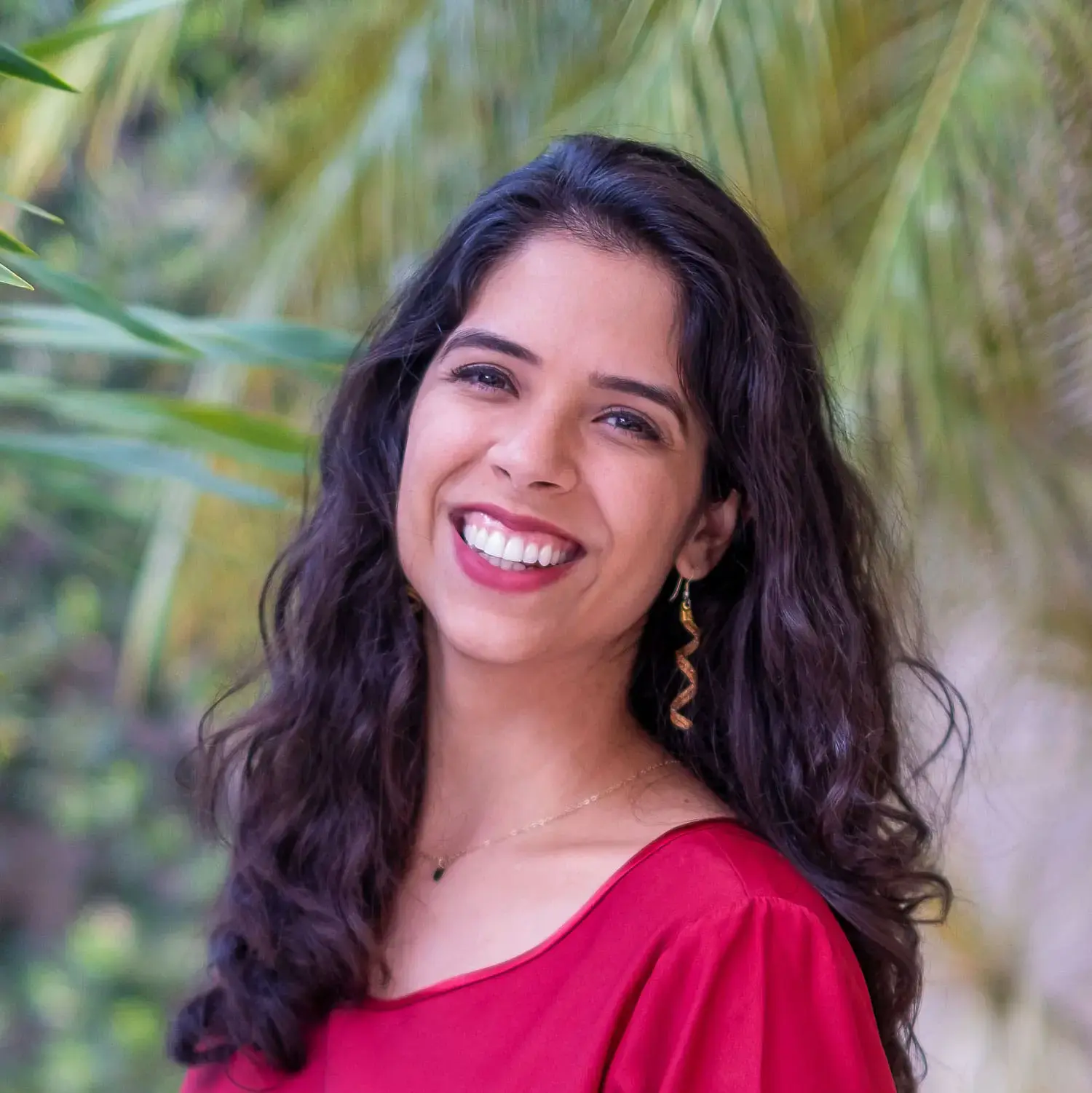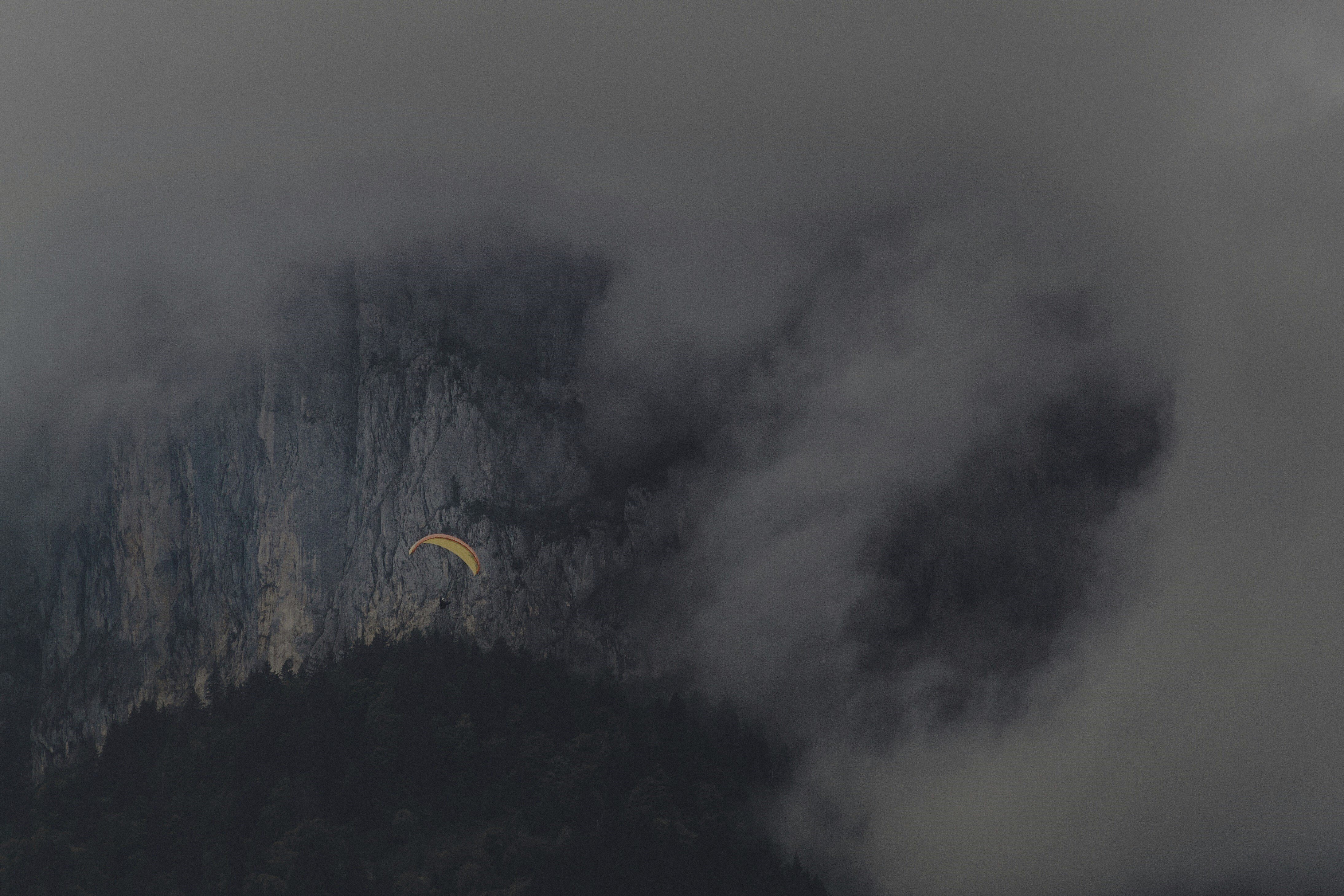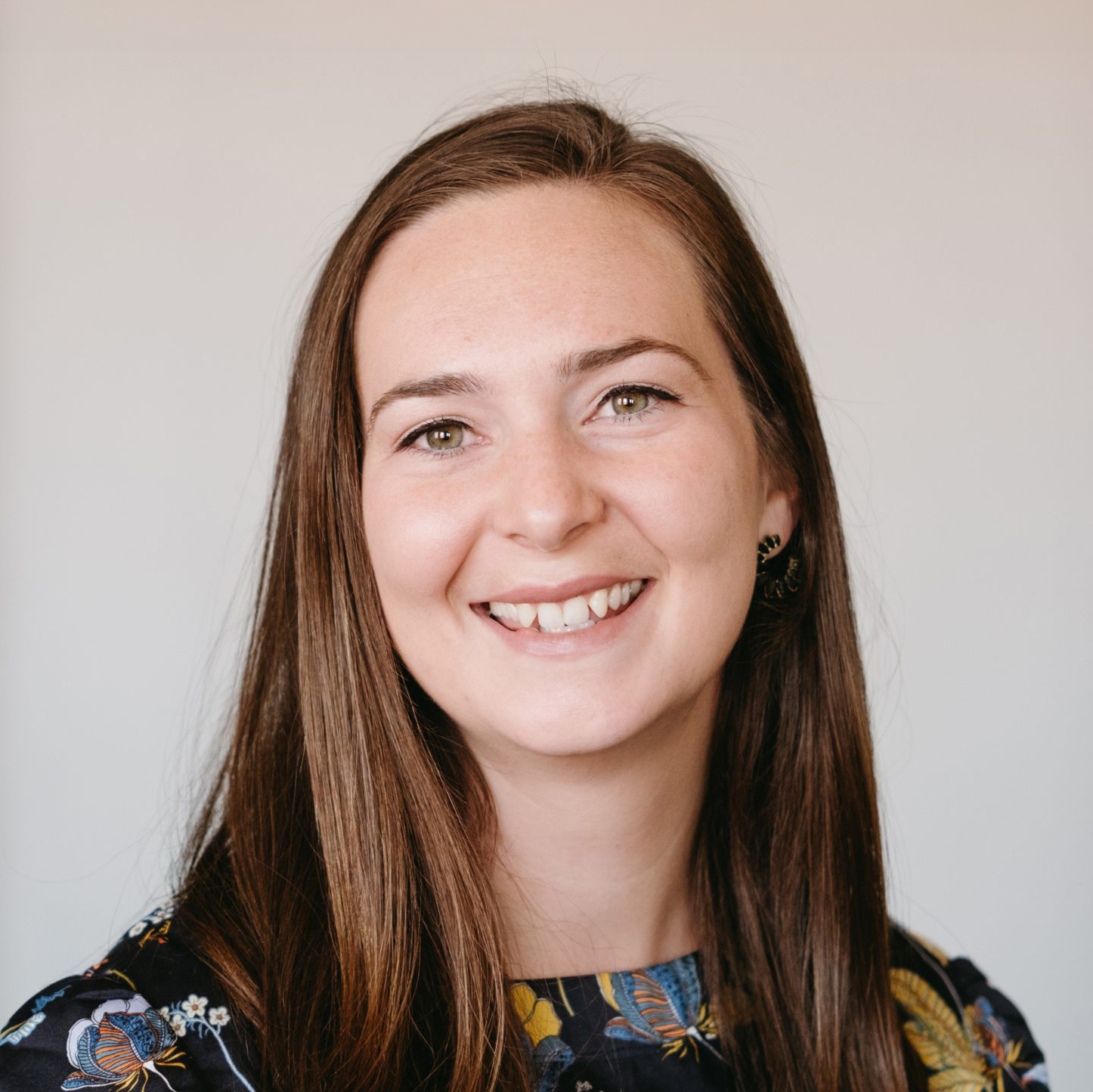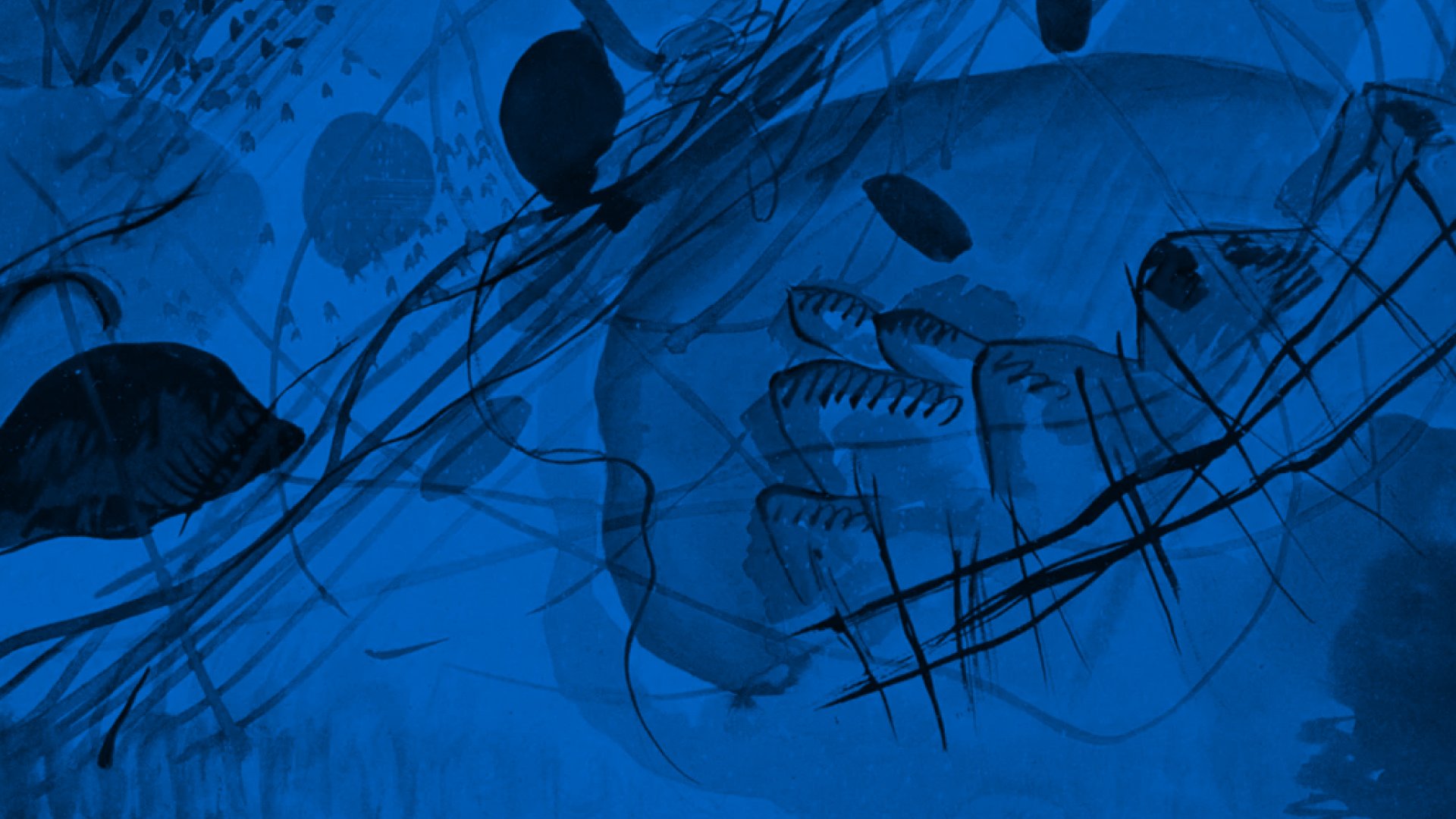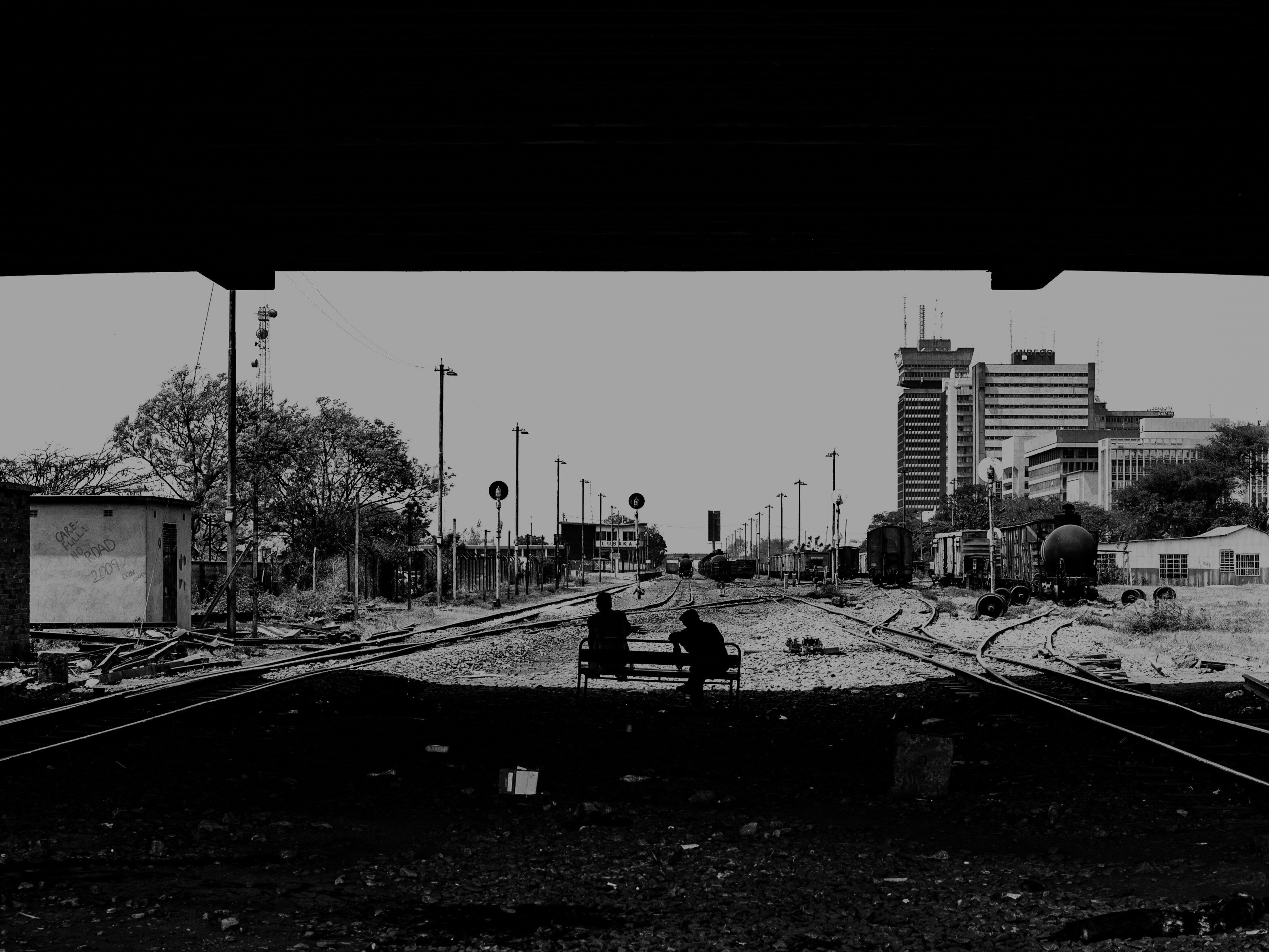Jennifer Cromartie is a beloved middle school drama director whose life bridges art, compassion, and transformation. Having travelled to Lebanon and Syria to work with refugees, she now devotes her days to shaping young minds in the United States, using the power of theatre to nurture empathy, creativity, and hope. Comment managing editor Beca Bruder Claiborne talked on the phone with Jennifer. The conversation has been edited for length and clarity.
Beca Bruder Claiborne: Hi Jennifer. Can you give us a glimpse of your current vocational chapter?
Jennifer Cromartie: Well, I have taught at a wonderful little school called Rivendell School in Arlington for twenty-six years. And it has been just a wonderful adventure. Two years ago, I went to visit Lebanon and worked with some Syrian high school refugees kids. And it turned my heart toward wanting to have more time to get involved in immigrant issues.
Along the way, I got our drama program started at Rivendell. It’s wonderful to see middle school kids who are struggling with academic schoolwork just come alive onstage. You see them finding their voices and becoming a part of a bigger story than they themselves could carry.
We put on some rather ambitious productions here. All of them need to have some kind of redemptive arc to them. We did a mashup of Romeo and Juliet and West Side Story last year. The year before that we did Les News. This year we’re doing Oliver! These are not easy stories.
But you find the characters who embody hope, who aspire to something transcendent. I’ve just seen drama transform kids’ lives. And I took wacky improv stuff to Lebanon, even though I don’t speak Arabic; we really had a good time doing crazy improv.
BBC: Oh, wow! Tell us about that. What exactly did you do in Lebanon?
JC: Well, I was doing drama and art. This year, I’m overseeing a lot of the theatrical productions and encouraging music to flourish more consistently within our environments. We have something called Music and Donuts, and I have eighteen guys showing up, probably for the donuts. Boys are reticent to sing when they’re between fifth and eighth grade, but by the end I’ve got them bought in.
BBC: They came for the donut and stayed for the connections!
JC: Exactly. Come for the donut and stay for the music. And then two different art classes. So I’m just trying to encourage a lot of people. And because I’m not grading papers at night anymore, I’ve gotten involved with ESL in the evening as well.
BBC: Can you recall a specific moment when you witnessed art creating a breakthrough or fostering connection in a profound way?
JC: I see it in others every time we put on a play. We’re not professional actors, and this is a requirement at the school. Everyone has to be onstage, whether they feel like it’s their thing or not. There’s nothing like it in all the world. They get to be a part of something that they could never have imagined they could do or even knew to be a part of themselves. They didn’t know it was in there.
BBC: And theatre has a unique way of bringing that out of you. it’s impossible to pose as a critic and observer. It’s a full, embodied experience, so you’re a participant.
JC: It is a whole-body experience. There’s no way to not be a participant. I can see when that clicks. It’s almost like a kid has given themselves permission to step out of themselves because they’re taking on a role. I want them to learn to walk in someone else’s shoes. That’s the whole point. You know, we’re doing A Christmas Carol right now, and these kids haven’t been poor, but they’re learning what it might feel like to be completely impoverished and hungry. And I want them to feel that.
BBC: How do you see this experience helping these young people to prepare for new roles in adulthood?
JC: When it’s done well, it keeps them from being quite so self-absorbed. You needed that community. You’re learning what teamwork is like. When they move on, they have a sense of stage presence, ability to project and articulate. They can be better mouthpieces for good because they’ve learned the composure that is necessary to get your ideas out. They feel equipped to be articulate.
In terms of the broader community, if we impart good stories, they take those with them. In the midst of all the dark and the tragic, there is hope.
BBC: In your work on the front lines in Lebanon and Syria, what have you learned about the human spirit when facing borders—whether geographical, cultural, or emotional?
JC: I think about these kids often. I have all their pictures on my phone. I had them do an art project where they were given these beautiful white canvases. The girls immediately painted their white canvases in black or purple, quite dark colours. And I thought, wow, that’s interesting. And then this one girl is painting something, and I’m thinking at first that she’s painting a garden. Then I realize, she has some kindergarten-type people drawn horizontally. And I understood what she’d drawn there.
She was telling her story. And I was thinking, my word, this is what you have lived through. You’ve lived with a fear of constant attack. And what I immediately assumed was just a little garden was instead what she had experienced.
Time and time again, while I was there, I would see these windows into what tragedies these girls had gone through, and yet their incredible resilience and laughter.
BBC: After all these experiences, how do you understand hope?
JC: There is a great quote that says, “We must be people with the courage to hope.” We do this by surrounding ourselves with people who remind us of the scriptural truths and the fact that God is overseeing even hard places throughout the world. And reminding ourselves and each other, even though I walk through the valley of the shadow of death, I will fear no evil. I want to be a person who has the courage to hope in even the things that are unseen.
BBC: Often, it’s through art that you get to imagine a new, unseen world.
JC: Absolutely. I have a story that happened last week and serves as a metaphor. My parents were missionaries in South Korea. When they retired, they brought back their stuff to western North Carolina. They have both passed away, but they had their stuff in a storage unit. Well, of course, Hurricane Helene just recently came along. Someone way down the river saw a mossy green suitcase. It was a foul and nasty-smelling thing since it has been floating in the river. They opened it up and found a bunch of Korean stuff in it. And they knew of an organization in Black Mountain called Christian Friends of Korea (CFK). They thought there might be a connection there, and took the suitcase to CFK, who said, “No, it’s not ours. But we know whose it was.” So that’s how it got returned to us.
So, my siblings and I went down there and worked on peeling apart wet letters and rinsing negatives from the mud. And we were reminded of our story.
Well, that suitcase is what I want to be. I’m want to ride that storm and carry memories with me. That’s my metaphor for hope.
